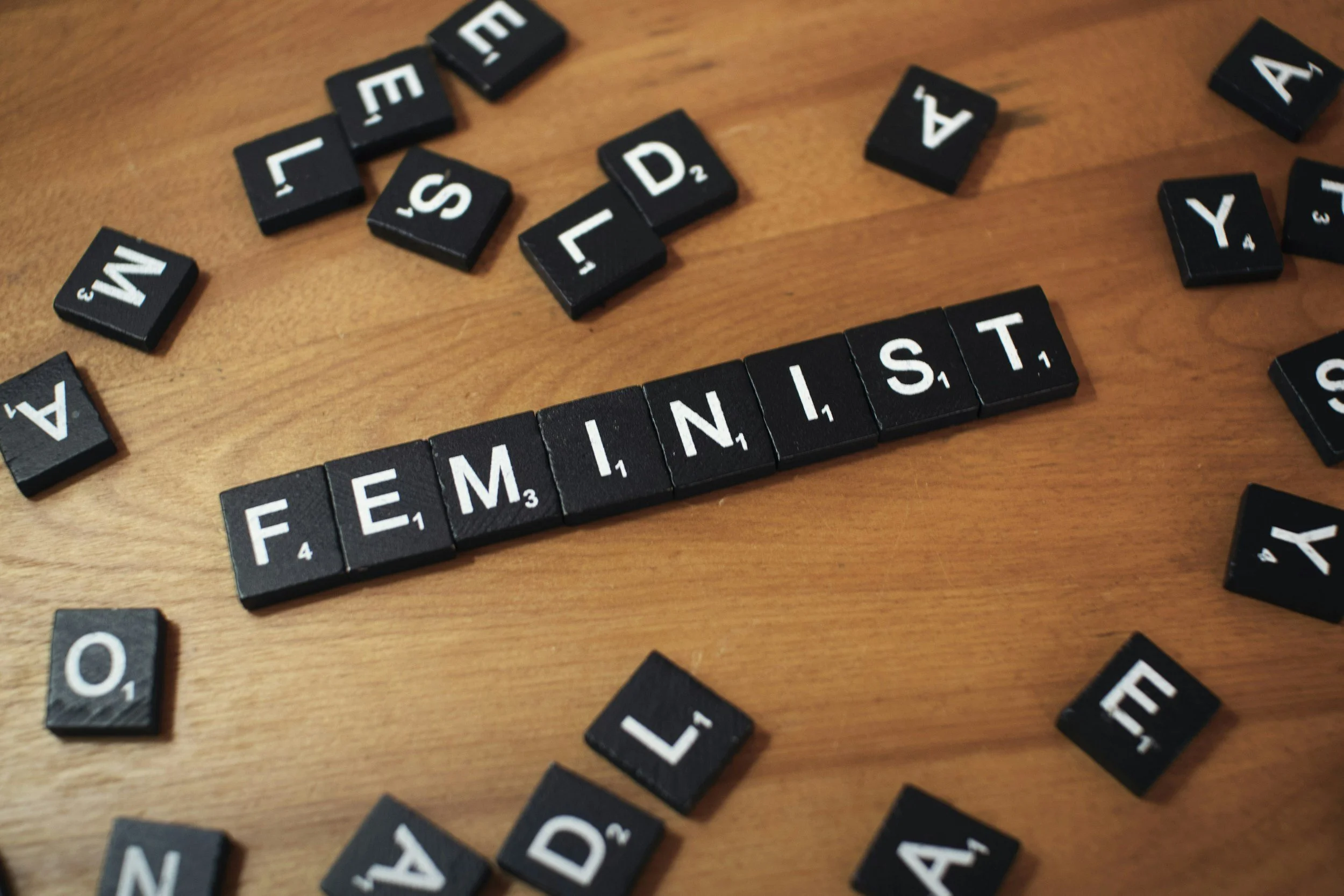TEACHING @ FLORIDA GULF COAST UNIVERSITY
social & political philosophy
This course is a focused introduction to the history of political philosophy which centers around the question of reason in politics. Spanning the liberal contract tradition to historical materialism to contemporary debates around the politics of climate change, it traces the role of reason and rationality in these distinct strains of political philosophy. The course also includes an exploration of how these strains have contended with the problems of unreason and irrationality as challenges to political agency and participation.
ENVIRONMENTAL ETHICS
This course focuses on the intersection of ethics and politics in the era of the climate crisis. In addition to examining classic debates in environmental ethics, students explore the boundary between individual ethics and collective/structural social responsibility. Students are invited to investigate to do so through applied questions surrounding resource scarcity, ethical consumption, reproductive ethics, and migration.
PHILOSOPHIES OF LIBERATION
This course focuses on both classic and contemporary debates about freedom and liberation. The course traverses early modern political philosophy (esp. social contract theory), the basis of justice claims opposing slavery, exploitation, and alienation, and finally contemporary theories of oppression (including feminist interventions). Students explore distinct conceptions of liberty and a range of approaches to human liberation.
BIOETHICS & SOCIETY
This upper division course focuses on the relation between classic questions in contemporary bioethics (e.g., consent, access, autonomy) and central debates in the history of political philosophy (e.g., individual rights, state theory), exploring the boundary between ethics and politics in relation to medicine. We also explore questions about medical misinformation, scientific literacy, and confidence in healthcare. Students engage bioethics from a critical vantage, with a special emphasis on applied ethics for students bound for the medical field.
PHILOSOPHY OF DECOLONIZATION
This upper division course examines central texts in the anticolonial tradition of the 20th century across Latin American, the Caribbean, and the African continent. Students explore the philosophical foundations of claims to and discourse around decolonization in relation to strategies of colonialism, neocolonialism, the international division of labor, and a globally integrated capitalism.
TOPICS IN
PHILOSOPHY OF LAW
This course focuses on the social and political dimensions of the practice of international law in a globalized world, a world fraught by inequality. Focusing on relations between former colonial powers and postcolonial states, the course explores these themes through three approaches to international legal theory: the liberal, Marxist (esp. dependency theory), and Third World Approaches to International Law (TWAIL).
Advanced debates in feminist theory
This upper division course examines debates within feminist political theory, examined through the ‘big three’ approaches: liberal, Marxist, and radical feminism(s). Students critically examine feminist appraisals of classic debates in political theory as well as explore distinct methods and strategies of gender liberation.
HISTORY OF IDEAS
. The course consists of primary texts in the history of European philosophy from Descartes to Kant and Hegel to Critical Theory. It narrativizes the history of philosophy along two indices: idealism versus materialism and, pertaining to the task of philosophy, critique versus contemplation. It aims to introduce students to fundamental methodological questions in the history of philosophy.
iNDEPENDENT AND SMALL GROUP STUDIES
Frankfurt School Critical Theory
A focused study on the central texts and figures of the first generation of the Frankfurt School, focused on the methodological and thematic contributions distinct to that strain of critical theory.
Liberation Theology
A focused study on the central figures and texts of Latin American liberation theology, in particular focusing on the relation between religious institutions and Latin American decolonization.
Middle Eastern / North African (MENA) Decolonization
A focused study on select figures and texts relating to the history of colonization and decolonization in the MENA region, with particular focus on the contrast between religious and secular national liberation movements.
Teaching @ the University of Oregon
PHIL 170: Love & Sex (2021)
In this introductory level course, students consider three major debates in feminist theory and the study of gender and sexuality: the commodification of sexuality and sexual freedom, the classic feminist ‘sex wars’, and contemporary debates about the status of gendered labor. The course is designed with a distinctively critical bent, focusing on interrogating prohibitions, manipulations, and distortions of sexual desire and the exploitative dimensions of sex/sexuality in a society shaped by gender inequality.
PHIL 309: Global Justice (2021)
This upper-division course draws students into a debate about justice from a global perspective, historically fraught by the colonialism and imperialism. Students explore whether globalization itself is just or unjust in itself (and whether this question is itself the right one) and, of course, what we mean by ‘globalization’ (what, precisely, has been ‘globalized’). The course covers anticolonial / postcolonial / decolonial thought, and dependency/world-systems theory.
PHIL 110: Human Nature (2020)
This course focuses on the figure of human nature in the history of social and political philosophy and critical theory. Students explore how distinct political theories have constructed or presupposed a specific philosophical anthropology— what human nature does at a social and political level and how it functions in grounding or displacing various political claims, with attention to social problems such as the climate change, the production of gender norms, and the historical justification of colonialism.
And more…









